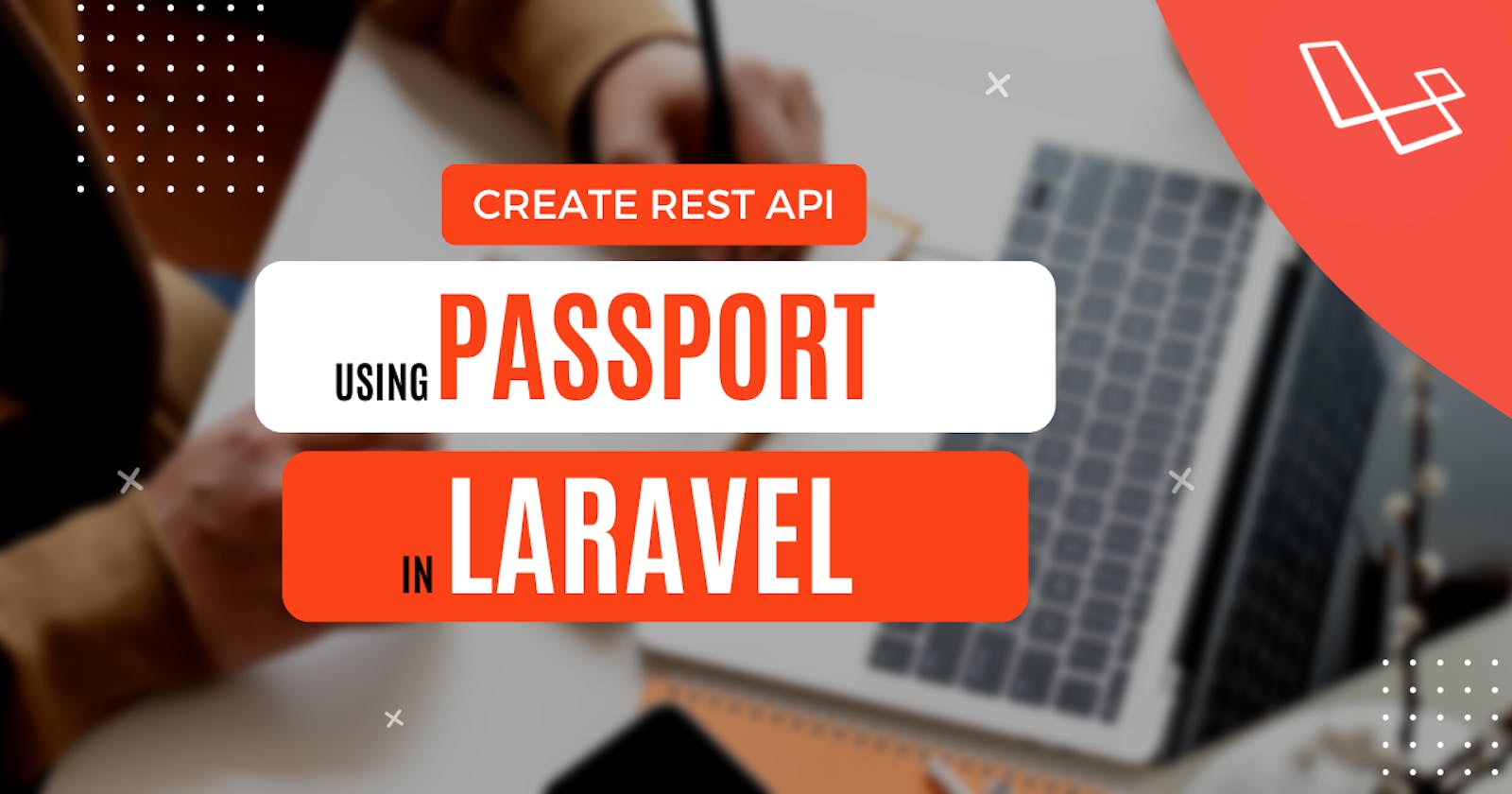What is OAuth2? How to install Passport Package in Laravel?
CREATE REST API using PASSPORT [ OAUTH2 ] in LARAVEL.
OAuth2 is an open standard protocol for authentication and authorization that allows users to grant third-party applications access to their resources, without giving them their passwords or other credentials.
In OAuth2, the user authenticates with a third-party service (like Facebook or Google), and then the service provides an access token that the third-party application can use to access the user's resources.
Passport package is a Laravel package that provides a simple and easy-to-use API authentication system using OAuth2. With Passport, you can easily generate access tokens and use them to authenticate and authorize API requests.
Here are some of the main use cases for the Passport package in Laravel:
Authentication and authorization for API requests: Passport allows you to easily generate access tokens that can be used to authenticate and authorize API requests. This means that you can secure your API endpoints and ensure that only authorized users can access them.
Single sign-on: If you have multiple applications that require authentication, Passport can be used to provide a single sign-on (SSO) experience. This means that users only need to authenticate once, and then they can access all of your applications without needing to log in again.
Personal access tokens: Passport allows you to generate personal access tokens that can be used by users to access your API without needing to authenticate with a username and password. This can be useful for providing programmatic access to your API or for enabling third-party applications to access your API.
Revoking access tokens: With Passport, you can easily revoke access tokens if you suspect that they have been compromised or are no longer needed. This provides an extra layer of security and ensures that only authorized users can access your API.
To install the Passport package in Laravel, you can follow these steps:*
Assuming you have a Laravel project set up already, follow the steps below to install Passport:
Install Passport using Composer by running the following command in your terminal:
composer require laravel/passportRun Passport installation commands by running the following command in your terminal:
php artisan migrate php artisan passport:installThe first command will create the necessary tables in your database for Passport to function, while the second command will generate the encryption keys for Passport.
In your
AuthServiceProvider.phpfile, add the following line to theboot()method:use Laravel\Passport\Passport; //... public function boot() { $this->registerPolicies(); Passport::routes(); }This registers Passport routes and middleware with your application.
In your
User.phpmodel, add the following line:use Laravel\Passport\HasApiTokens; class User extends Authenticatable { use HasApiTokens, Notifiable; }This trait allows you to generate access tokens for your users.
Finally, run the following command in your terminal to create a personal access client:
php artisan passport:client --personalThis command will create a client that you can use to generate access tokens for your users.
After following these steps, Passport is now installed in your Laravel project, and you can start using it to authenticate and authorize API requests. You can generate access tokens for your users by calling the createToken method on the user instance, like so:
$user = App\Models\User::find(1);
$token = $user->createToken('Token Name')->accessToken;
This will generate an access token for the user, which you can use to authenticate subsequent API requests.
Overall, the Passport package is a powerful and flexible tool for managing API authentication and authorization in Laravel. It provides a simple and consistent API for generating and managing access tokens, making it easy to secure your API and provide a great user experience.

